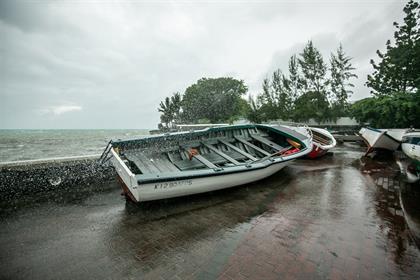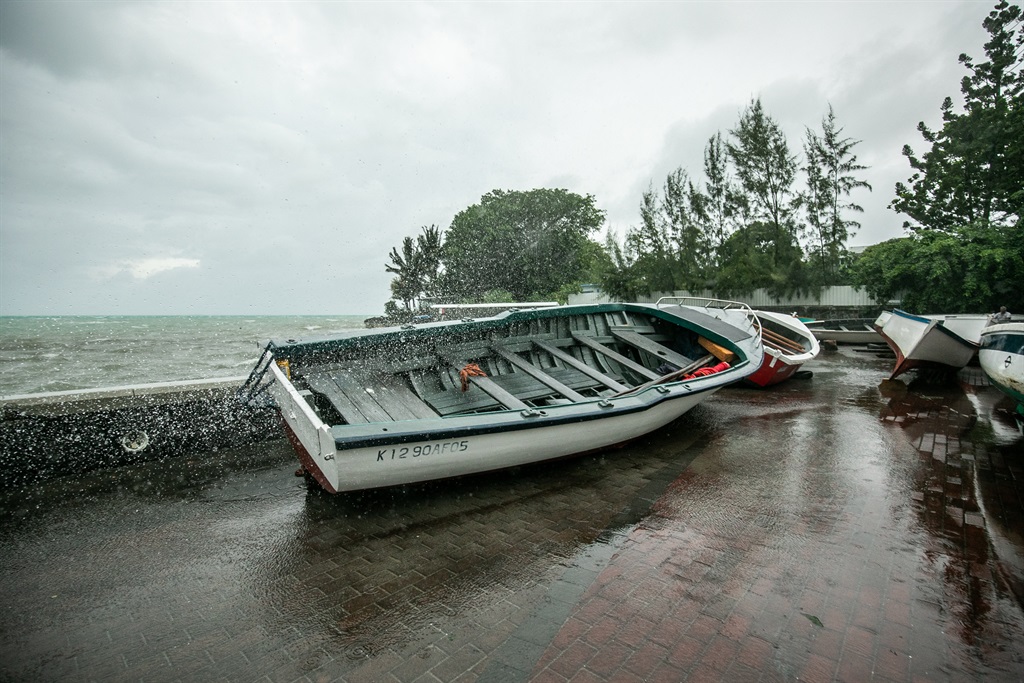- The tropical storm by Wednesday night would have reached the Mozambican channel.
- The Mozambican government could enlist civilian volunteers for evacuation and rescue missions.
- Aid agencies have prepared dignity kits and mobile clinics.
On Wednesday afternoon Cyclone Freddy had downgraded to an “overland depression” in Madagascar and was expected to enter the Mozambican channel anytime from the evening.
An overland depression is a lesser storm with wind speeds of up to 60km/h compared to a cyclone’s 120km/h.
This means that its impact would have been weakened.
But there’s a possibility that it could gather more speed and force if the sea surface temperature over the channel between Madagascar and Mozambique was higher than 30 degrees Celsius just like Cyclone Eloise in January 2021.
Jason Nicholls, the lead international forecaster at AccuWeather, tweeted that Cyclone Freddy could become a severe tropical storm before striking Mozambique likely on Friday.
In Madagascar by midday Wednesday, the government said the death toll from Cyclone Freddy had risen to four.
READ | ‘Hands off Africa!’: Pope Francis slams ‘poison of greed’ over minerals stoking conflict in Congo
The cyclone had affected 16 600 people, the National Risk Management Office said in a statement.
For now, all that Mozambique can do is prepare to absorb the impact of the impending disaster.
Already this rainy season, 95 people have been reported dead, including 11 victims of flooding.
Mozambique issued a red alert over Cyclone Freddy on Tuesday and deployed teams on the ground in anticipation of rescue and evacuation missions.
Depending on the severity of the impact, the government spokesperson, deputy justice minister Filimao Suaze said they would mobilise civilian volunteers.
Aid agencies have started pooling together resources to help those likely to be affected by Cyclone Freddy.
The United Nations Population Fund said it had prepared 11 000 dignity kits comprising soap, buckets, and torches.
They also have medical supplies for pregnant women, and tents for temporary health clinics.
Besides infrastructural destruction, there are fears that flooding will get worse in Mozambique because of high levels of rainfall.
As such, Cahora Bassa Dam, the country’s largest dam and hydroelectric power plant has stopped discharges.
The News24 Africa Desk is supported by the Hanns Seidel Foundation. The stories produced through the Africa Desk and the opinions and statements that may be contained herein do not reflect those of the Hanns Seidel Foundation.


